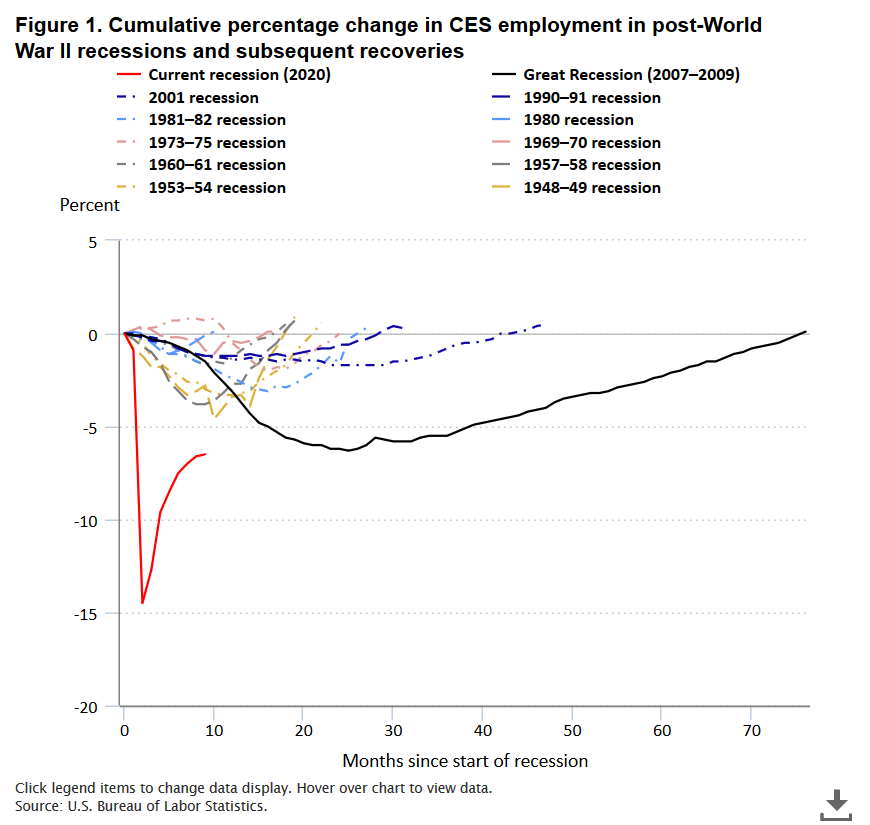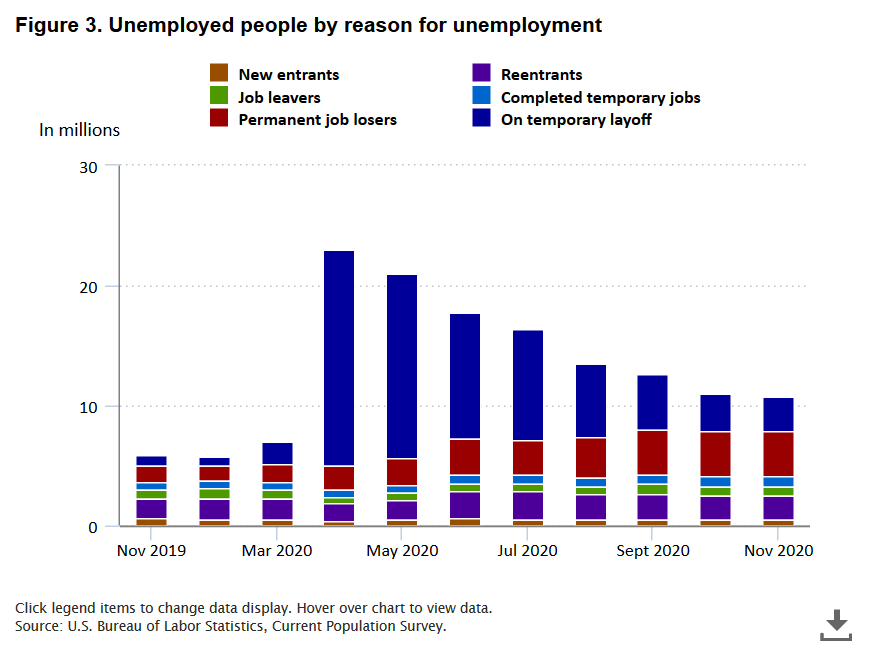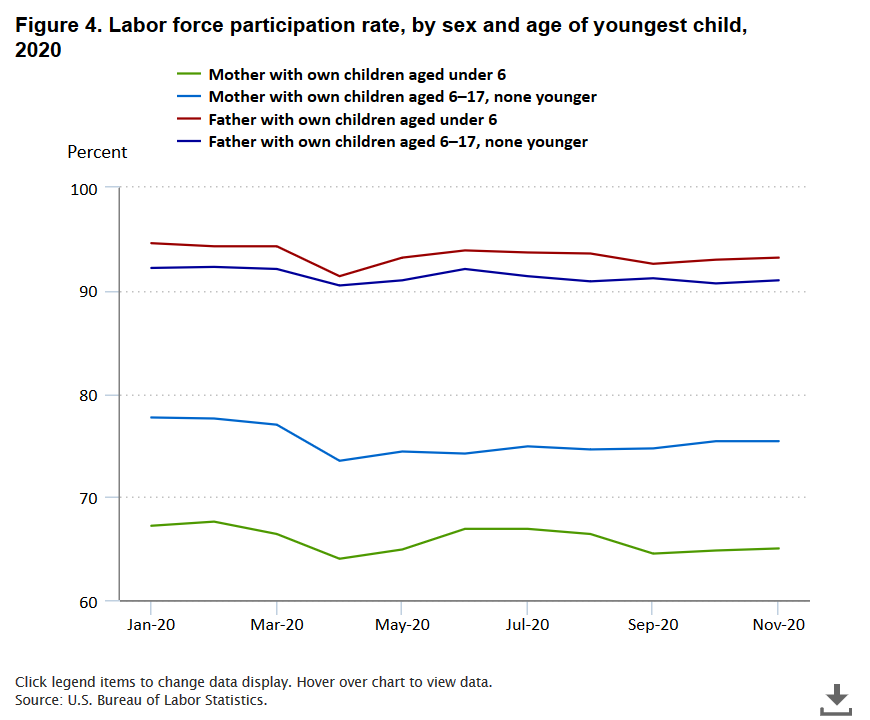Great article in the Monthly Labor Review about employment this recession. I'm going to walk through some highlights, starting with this excellent figure that shows the depth of each post-war recession:
The last 15 years have been truly historic.
https://www.bls.gov/opub/mlr/2020/article/employment-recovery.htm
1/
The last 15 years have been truly historic.
https://www.bls.gov/opub/mlr/2020/article/employment-recovery.htm
1/
I think this article provides answers to some of the biggest questions we've had about the labor market this recession. It couples an excellent round up of the existing research with data.
2/
2/
How many people could work from home?
Great discussion of who has estimated this an how. About a third of the workforce switched to teleworking *in a month*, and about half are right now.
3/
Great discussion of who has estimated this an how. About a third of the workforce switched to teleworking *in a month*, and about half are right now.
3/
And workers with telework capability had much lower unemployment.
This is key, because unemployment has changed a lot over the past 8 months. As this figure shows, its decreased, but a larger and large share of the unemployed no longer expect to be recalled to work.
3/
This is key, because unemployment has changed a lot over the past 8 months. As this figure shows, its decreased, but a larger and large share of the unemployed no longer expect to be recalled to work.
3/
Which industries were hit the hardest, and why?
The job loss by industry estimates in the article are accompanied by evidence of why the industry was hit hard and what the means by worker characteristics.
5/
The job loss by industry estimates in the article are accompanied by evidence of why the industry was hit hard and what the means by worker characteristics.
5/
Is the pandemic causing a she-cession?
The article explains that it's a layered story: more likely to experience job loss, more likely to reduce hours, and more likely to leave the labor force.
Here's a CPS overview of parent labor supply:
6/
The article explains that it's a layered story: more likely to experience job loss, more likely to reduce hours, and more likely to leave the labor force.
Here's a CPS overview of parent labor supply:
6/
I was particularly struck by this paragraph, and it's something I've talked about with journalists throughout the fall. Each recession has a lingering hangover story (sorry for word choice, I've just never found a better one), and this one will be about working women.
7/
7/
Did generous unemployment insurance benefits keep people from taking jobs?
Highly unlikely, because the benefit was temporary and most jobs are not. Great discussion of how researchers approached this and where the evidence comes from.
8/
Highly unlikely, because the benefit was temporary and most jobs are not. Great discussion of how researchers approached this and where the evidence comes from.
8/
And probably one that I think is most misunderstood: what drives consumption reductions, voluntary or enforced distancing?
It's mostly voluntary. This has important implications for recovery: it's not about being allowed out, it's about feeling safe going out.
9/
It's mostly voluntary. This has important implications for recovery: it's not about being allowed out, it's about feeling safe going out.
9/
In other words:The economy will not recover until the pandemic is contained.
There's a lot more in the paper, including what we think recovery might look like.
10/
There's a lot more in the paper, including what we think recovery might look like.
10/
This is a foundational paper for understanding the recession and it will serve generations of labor researchers who will study this time period.
Cheers @ElizWebHand and coauthors.
Cheers @ElizWebHand and coauthors.

 Read on Twitter
Read on Twitter





